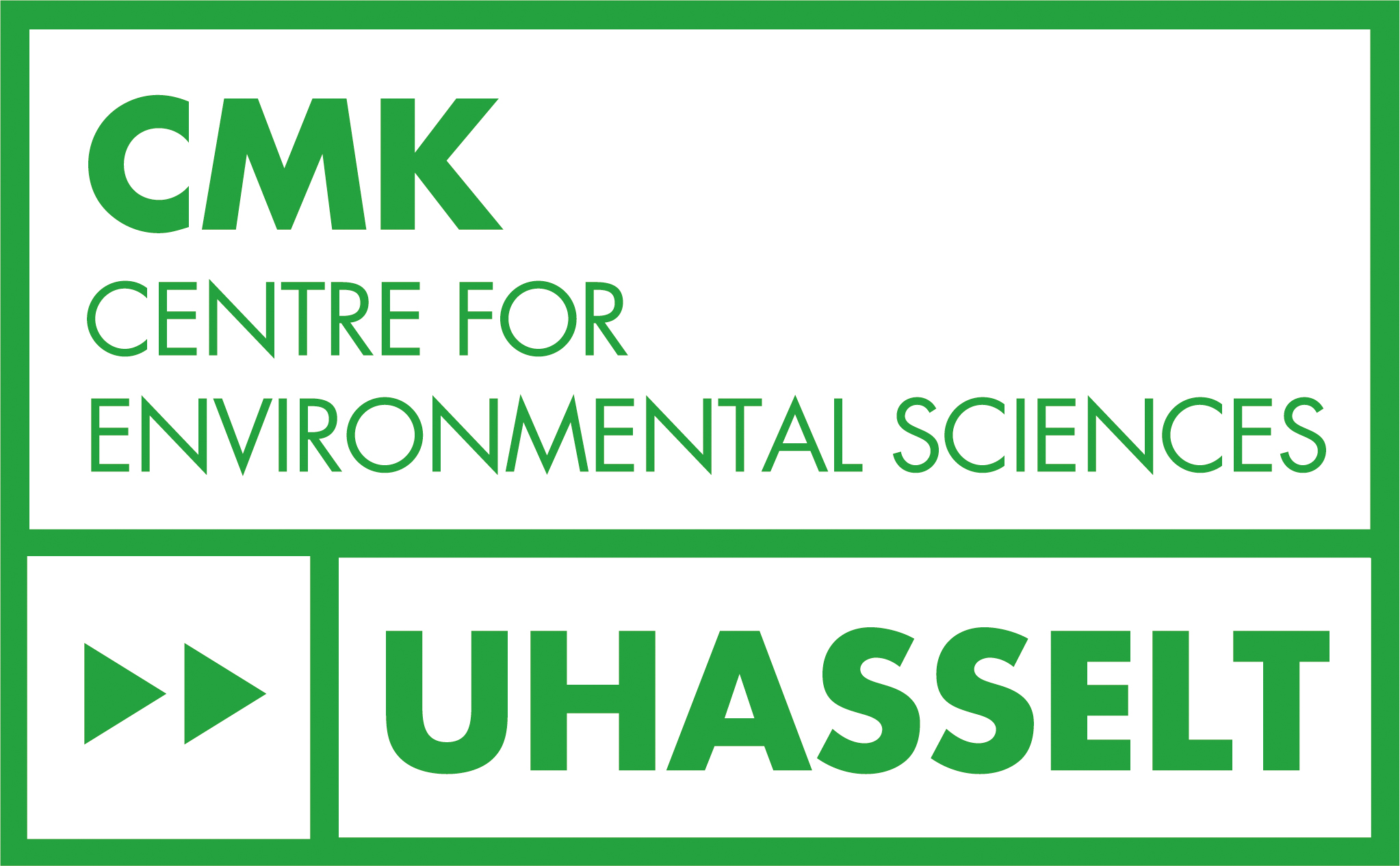Circular cultivation and chemistry
The agricultural sector is looking for new ways to generate income and improve value chains that contribute to a circular economy, sustainable production and consumption, and healthy food. In this program, we try to realize this focusing on mission-driven innovations. At the same time, the petrochemical industry produces highly developed materials that are under societal and ecological pressure. As we all want to maintain our current standards of living, our society faces the limits of what our ecosystem (including climate issues) can manage in terms of petrochemical production of essential small molecular building blocks necessary for fine chemicals, medicines or high-performance materials.



Circular Cultivation and Chemistry addresses these challenges and seeks to harness the enormous potential of biological and agricultural materials. Our program explores alternative and sustainable cultivation techniques and combines them with modern bio-refinery technology and advanced synthesis and production methods. Instead of using the commonly used bulk materials from agricultural plant biomass, such as (hemi-)cellulose or lignin, we opt for the small biomolecules that plants also produce. The challenge is to achieve economic upgrading for existing crops throughout the growth season focusing on optimized production of small functional biomolecules. In this program, we harvest high-quality molecular building blocks from the residual streams of local crops already grown in Limburg on both sides of the Dutch-Belgian border. These include nettle, grape, blueberry and asparagus, among others. After bio-extraction and further synthetic upgrading, these building blocks will be used for "smart materials of the future" or as nutraceuticals (medicinally functional food).
The project focuses on:
- optimal cultivation and growing conditions to harvest high-quality small biomolecules from "Limburg" crops
- green extraction/biorefinery technology and sustainable advanced conversion (synthesis and production) methods needed for the "smart materials of the future"
- sustainable cyclic value chains for functional biobased chemicals/materials/nutraceuticals
Project lead:
- Maastricht University
Partners:
- Universiteit Hasselt
- Centexbel
- Compas Agro
- Proefcentrum Fruitteelt vzw
Contact
Prof. dr. Ann Cuypers

Prof. dr. Dries Vandamme

dr. Michiel Huybrechts

